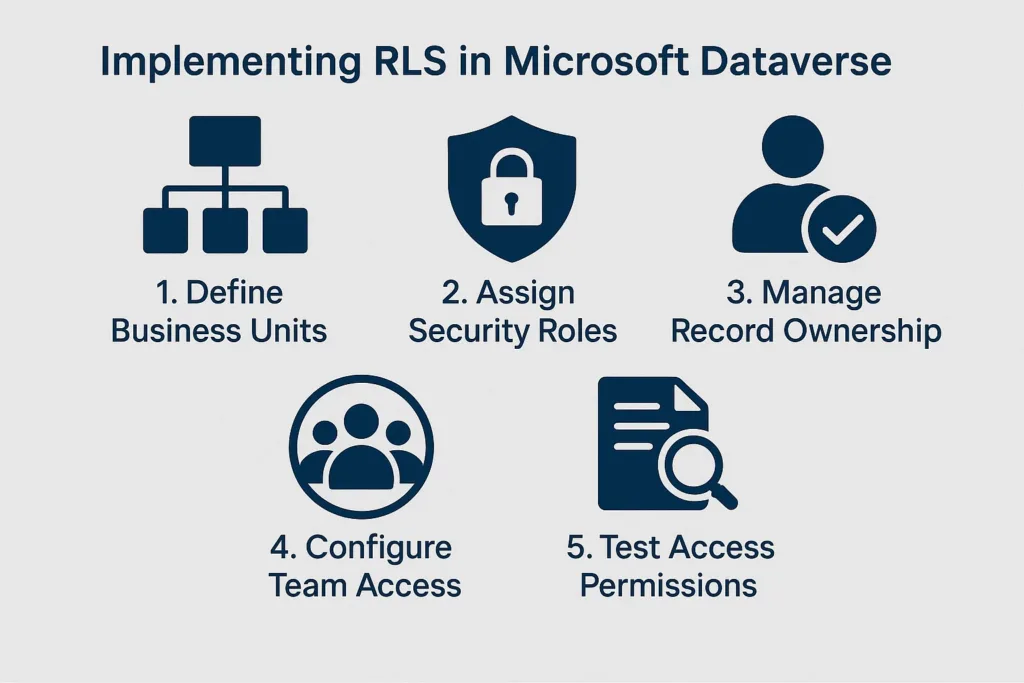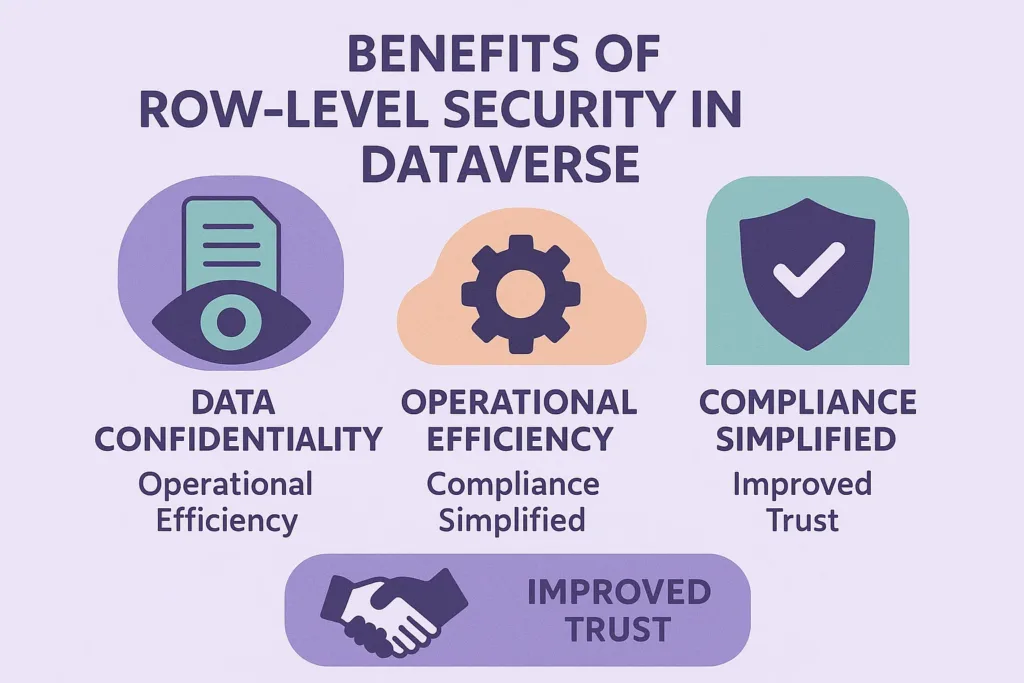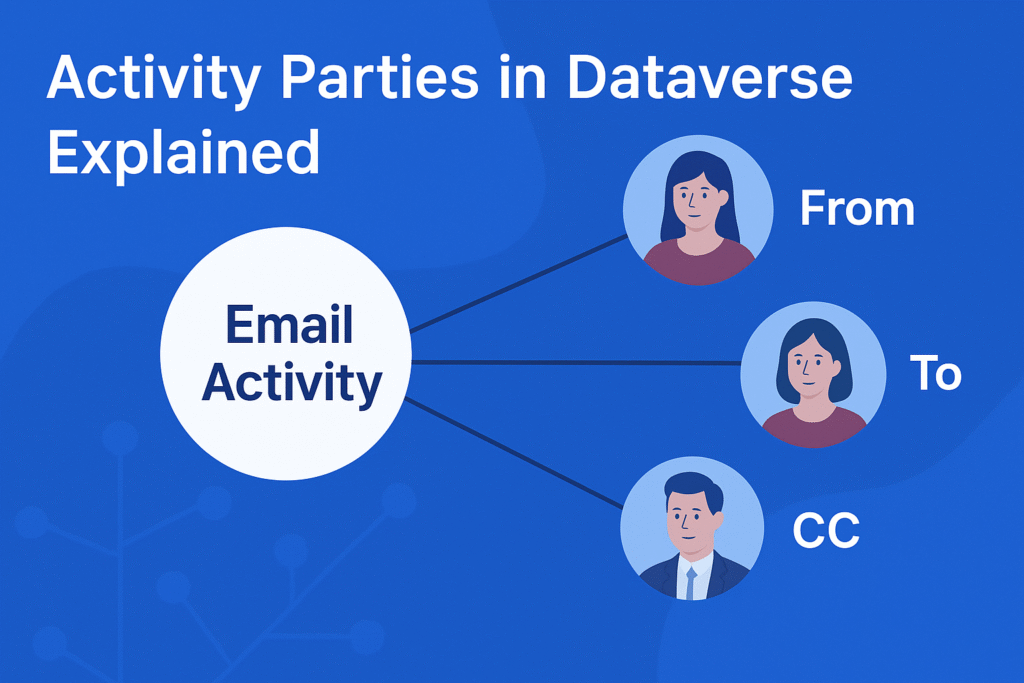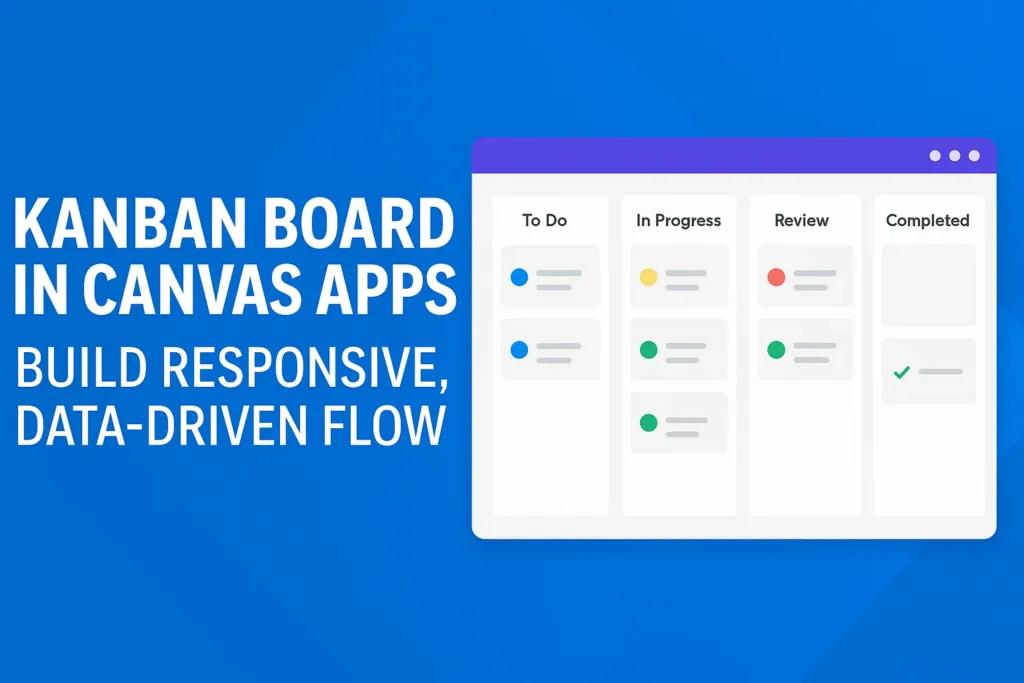Table of Content
- What Is Row-Level Security (RLS)?
- Why RLS Matters in Microsoft Dataverse
- How Row-Level Security Works in Dataverse
- Implementing RLS in Microsoft Dataverse
- Best Practices for Row-Level Security in Dataverse
- Common Mistakes to Avoid
- Benefits of Row-Level Security in Dataverse
- How Skysoft Connections Can Help
- Conclusion
- FAQ’s
In the world of data management, security isn’t optional—it’s essential. As businesses increasingly depend on Microsoft Dataverse to store and manage data across Dynamics 365 and Power Platform apps, ensuring that users have access only to the right data becomes crucial.
This is where Row-Level Security (RLS) comes into play.
What Is Row-Level Security (RLS)?
Row-Level Security (RLS) is a feature that controls access to rows in a database table based on the characteristics of the user executing a query. In simple terms, it lets organizations define who can view or modify specific data records.
For example, a sales manager may see all records for their team, while a sales representative only sees their own. This granular approach ensures data privacy, compliance, and operational efficiency.
Why RLS Matters in Microsoft Dataverse
Dataverse is the unified data platform powering Dynamics 365 and Power Apps. It allows businesses to securely store and manage data that’s used by multiple applications.
By enabling RLS in Dataverse, organizations can:
- Protect sensitive information at the record level.
- Align data visibility with user roles and responsibilities.
- Simplify compliance with data protection regulations like GDPR.
- Improve performance by filtering unnecessary data access.
How Row-Level Security Works in Dataverse
RLS in Dataverse relies on a combination of security roles, teams, and business units to define data access rules. These rules ensure that each user interacts only with the data they’re authorized to see.
| Security Component | Description | Purpose |
|---|---|---|
| Security Roles | Define permissions for create, read, update, delete (CRUD) operations. | Assign access rights to individual users or teams. |
| Business Units | Represent the hierarchy of your organization. | Segment data access logically across departments. |
| Teams | Group users with shared responsibilities. | Simplify role management and access control. |
| Record Ownership | Assigns data ownership to users or teams. | Determines visibility of individual records. |
When combined, these components enforce RLS policies dynamically—ensuring that data access aligns with the organizational structure and user roles.
Implementing RLS in Microsoft Dataverse

Enabling Row-Level Security requires strategic configuration. Here’s a step-by-step overview:
1. Define Business Units
Create business units that mirror your company’s structure—such as departments or regions.
2. Assign Security Roles
Assign roles like Salesperson, Manager, or Administrator with appropriate access levels.
3. Manage Record Ownership
Assign ownership of records to users or teams based on responsibilities.
4. Configure Team Access
Use owner teams or access teams to manage shared records securely.
5. Test Access Permissions
Always verify RLS rules through test accounts before deployment to prevent access issues.
Best Practices for Row-Level Security in Dataverse
To make the most of RLS, follow these proven best practices:
- Plan your security model early. Define roles and ownership logic before data import.
- Use business units wisely. Avoid unnecessary complexity by keeping your hierarchy manageable.
- Combine RLS with field-level security. Protect sensitive columns like salary or customer ID.
- Regularly audit user access. Remove outdated permissions to maintain security hygiene.
- Document security policies. Ensure clarity and compliance across teams.
Common Mistakes to Avoid
While RLS strengthens your data security, misconfigurations can cause problems. Avoid these pitfalls:
- Giving too broad access to teams.
- Ignoring user impersonation in automated flows.
- Overusing custom plugins instead of native Dataverse features.
- Forgetting to test performance impact of complex rules.
Benefits of Row-Level Security in Dataverse

Implementing RLS delivers measurable business value:
- ✅ Data Confidentiality: Protect sensitive data automatically.
- ✅ Operational Efficiency: Users only see relevant records.
- ✅ Compliance Simplified: Meet industry and regional regulations.
- ✅ Improved Trust: Builds confidence in data integrity.
How Skysoft Connections Can Help
At Skysoft Connections, we specialize in Microsoft Power Platform and Dynamics 365 CRM solutions—including Dataverse security configurations.
With over 40,000+ project hours and a 100% success rate, our certified consultants can help you:
- Design and implement custom Row-Level Security models in Dataverse.
- Integrate Power Apps, Power Automate, and Power BI with secure access controls.
- Optimize system performance and user management.
- Train your team on best practices for secure data governance.
We ensure your Dataverse environment is not only secure but also efficiently aligned with your organizational needs.
Conclusion
Row-Level Security (RLS) in Microsoft Dataverse is more than a technical feature—it’s a business necessity. It empowers organizations to control data visibility, maintain compliance, and enhance user experience within Dynamics 365 and Power Platform environments.
With expert implementation from Skysoft Connections, you can confidently protect your data at every level—without compromising performance or usability.
Read more : activity parties in dataverse explained
FAQ’s
Yes, RLS is available across all Dataverse environments, including Dynamics 365 and Power Apps.
Absolutely. You can combine RLS with field-level and column-level security for a layered protection approach.
If implemented correctly, RLS has minimal impact. Poorly structured rules, however, can slow query performance
Skysoft’s team can design, implement, and audit RLS configurations tailored to your business needs.
 is a software solution company that was established in 2016. Our quality services begin with experience and end with dedication. Our directors have more than 15 years of IT experience to handle various projects successfully. Our dedicated teams are available to help our clients streamline their business processes, enhance their customer support, automate their day-to-day tasks, and provide software solutions tailored to their specific needs. We are experts in Dynamics 365 and Power Platform services, whether you need Dynamics 365 implementation, customization, integration, data migration, training, or ongoing support.
is a software solution company that was established in 2016. Our quality services begin with experience and end with dedication. Our directors have more than 15 years of IT experience to handle various projects successfully. Our dedicated teams are available to help our clients streamline their business processes, enhance their customer support, automate their day-to-day tasks, and provide software solutions tailored to their specific needs. We are experts in Dynamics 365 and Power Platform services, whether you need Dynamics 365 implementation, customization, integration, data migration, training, or ongoing support.


